Explaining and clarifying a number of issues of concern to delegates at the discussion session on the draft Law amending and supplementing a number of articles of the Law on Planning, the Law on Investment, and the Law on Investment under the public-private partnership model, on the afternoon of November 6, Minister of Planning and Investment Nguyen Chi Dung affirmed that the new issues mentioned in the draft amending and supplementing the Law on Planning, the Law on Investment, and the Law on PPP Investment stem from practical and business requirements.
The Commander of the Ministry of Planning and Investment mentioned the mechanism of opening up, issuing standards first, and checking later to develop and accelerate to overcome the current time-consuming and costly control regulations. He also mentioned the successful mechanisms implemented by China and Dubai that helped these countries develop remarkably and surprisingly.
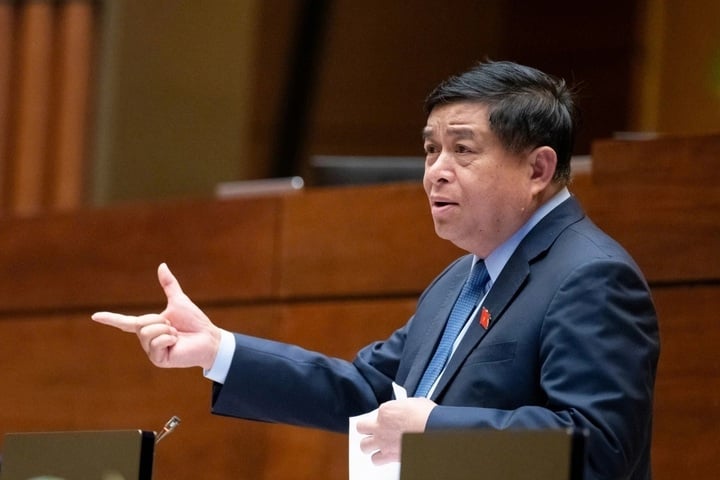
Minister of Planning and Investment Nguyen Chi Dung.
“China built a multi-billion dollar auto factory in just 11 months, and a multi-million dollar shopping mall in just 68 days. In Dubai, they built a 600-hectare city with 500 buildings, worth 20 billion USD in just 5 years. Why can people do that?”, the Minister of Planning and Investment stated.
Minister Nguyen Chi Dung affirmed that they are not fussy about regulations and procedures, but a whole project like this is completed on schedule, without a single day of delay! Regarding design and planning, while in Vietnam, from planning, project design, budgeting, and design, it takes a whole year, in Dubai they only require 2 simple, easy-to-understand things.
“The King of Dubai only approved the design task with two conditions. One is that no house can be the same as another. Second, in the planning design, the architecture from one point to another is not a straight line, and the investor is free to design whatever he wants,” said Mr. Dung.
Regarding the structure, density, and environment, the Commander of the Department of Planning and Investment affirmed: “They followed the specialized regulations, just did it, without asking for permission from anyone. When checking, they made a model, and the King of Dubai only approved it for 2 hours.”
According to the Minister of Planning and Investment, in the race to shorten procedures and take advantage of opportunities and resources for development, countries have come to this conclusion.
“They know what needs to be managed? With what tools? That is post-audit, which is issuing regulations and standards to follow,” said Mr. Dung.
Regarding inspection and supervision, the State and investors are both responsible for their own work: " Only open and attractive procedures can develop and attract resources. Investors only need freedom, whatever the State stipulates, they accept and invest."
According to the Commander of the Ministry of Planning and Investment, this is an experience that we need to learn to help investors freely implement their plans. Therefore, in the draft amendments and supplements to the Law on Planning, the Law on Investment and the Law on Investment under the form of public-private partnership (PPP), the Ministry of Planning and Investment proposed that high-tech projects located in economic zones and export processing zones be allowed to register for investment, without having to issue investment certificates and require a time limit of 15 days to issue procedures for them.
“We are working hard and working harder. In the near future, we even want to implement one-stop procedures at the local level, assigning the responsibility of the Management Board to carry out procedures to facilitate investors. They do not have to go to this ministry or that sector, do not have to go to local departments and agencies anymore,” Mr. Dung affirmed.
Lack of fairness with PPP projects makes it difficult to attract investors
Previously, participating in the discussion session this afternoon, November 6, delegate Pham Van Hoa (National Assembly Delegation of Dong Thap province) said that recently, the demand for investment in transport infrastructure projects has been very large, but the mobilization of non-budgetary resources under the PPP method is still very limited.
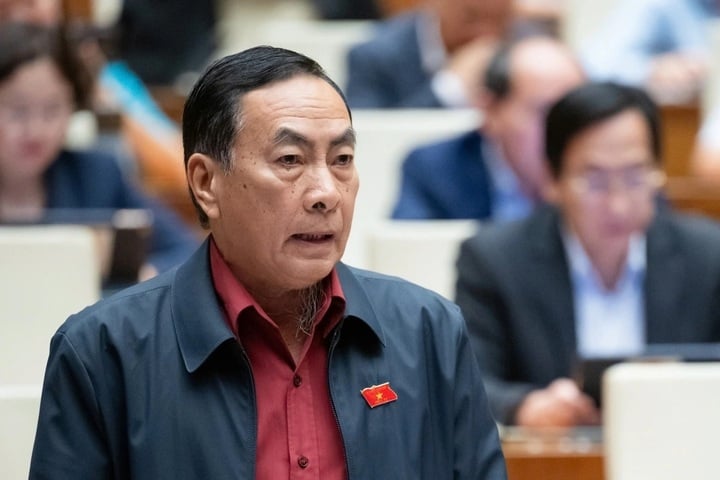
Delegate Pham Van Hoa (National Assembly Delegation of Dong Thap province).
The reason is that projects with difficult site clearance, low traffic volume, mountainous areas, etc. call for PPP investment. Meanwhile, projects with favorable site clearance and high traffic volume are invested from the state budget. Therefore, "this is unreasonable and unfair to PPP projects, so it does not attract investors", a delegate from Dong Thap delegation stated the current situation.
Therefore, Mr. Hoa said that it is necessary to supplement and amend some adjusted contents for PPP projects.
However, PPP projects applying the “revenue reduction percentage sharing mechanism” may lead to more risks for the state. Therefore, delegates suggested that the Government carefully consider each project to ensure efficiency for the state and investors, ensuring harmony of interests between the state and investors.
Regarding the PPP project process, which does not require appraisal steps, investment policy decisions, and does not use state capital, the Dong Thap delegation suggested considering having an appraisal to clarify the capital source and be objective in investment and implementation time, in order to limit investors from circumventing the law and prolonging the project to collect fees.
Regarding BT (build-transfer) contracts, according to delegate Hoa, this field has only been allowed to be applied on a pilot basis in Ho Chi Minh City, Hanoi, and Nghe An, and has not yet been fully evaluated for impact or drawn from practical experience. The delegate agreed with the examining agency that there is not enough basis to legalize the regulations on the mechanism and procedures of BT contracts.
The delegate pointed out negative aspects that have recently caused many officials to be entangled in legal trouble: "If the transfer of money or real estate to investors is not fully calculated, state assets will be lost or investors will be disadvantaged."
Also related to this issue, delegate Thach Phuoc Binh (National Assembly Delegation of Tra Vinh province) said that BT contract projects in some localities have not been fully summarized, so it is necessary to more clearly identify the limited benefits of this contract before legalizing it.
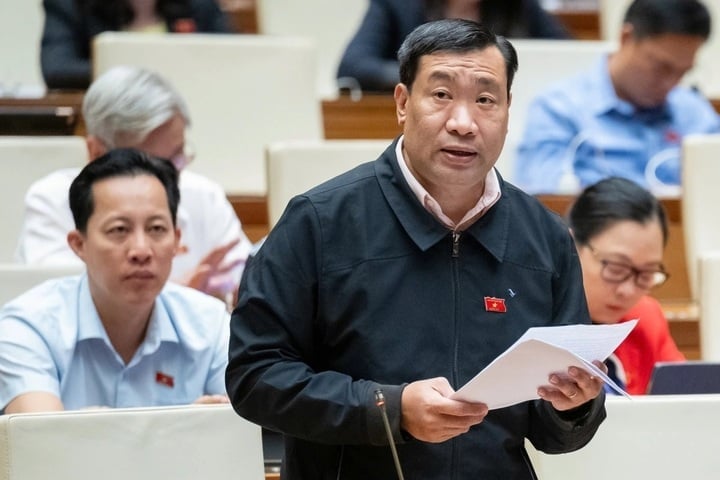
Delegate Thach Phuoc Binh (National Assembly Delegation of Tra Vinh province)
The delegation of Tra Vinh proposed to clarify the process of determining the price and the difference between the construction and the land fund for payment. Increasing the maximum state capital ratio to 70% in special cases is reasonable, but the applicable criteria must be supplemented more clearly to avoid cases where this high ratio is exploited. At the same time, it is proposed to expand the authority to decide on state capital participation in larger projects to other competent agencies besides the Prime Minister and the Provincial People's Council to ensure consistency in authority.
Mr. Binh said that expanding all investment areas of PPP projects to increase opportunities for more private enterprises to reduce the State budget.
However, it is also necessary to evaluate the practical projects applying the PPP mechanism, including BT in Hanoi, Ho Chi Minh City, Nghe An that have been piloted and draw experience to ensure a solid and effective foundation, especially when there are still challenges or not enough to fully summarize the implementation of PPP in this field.



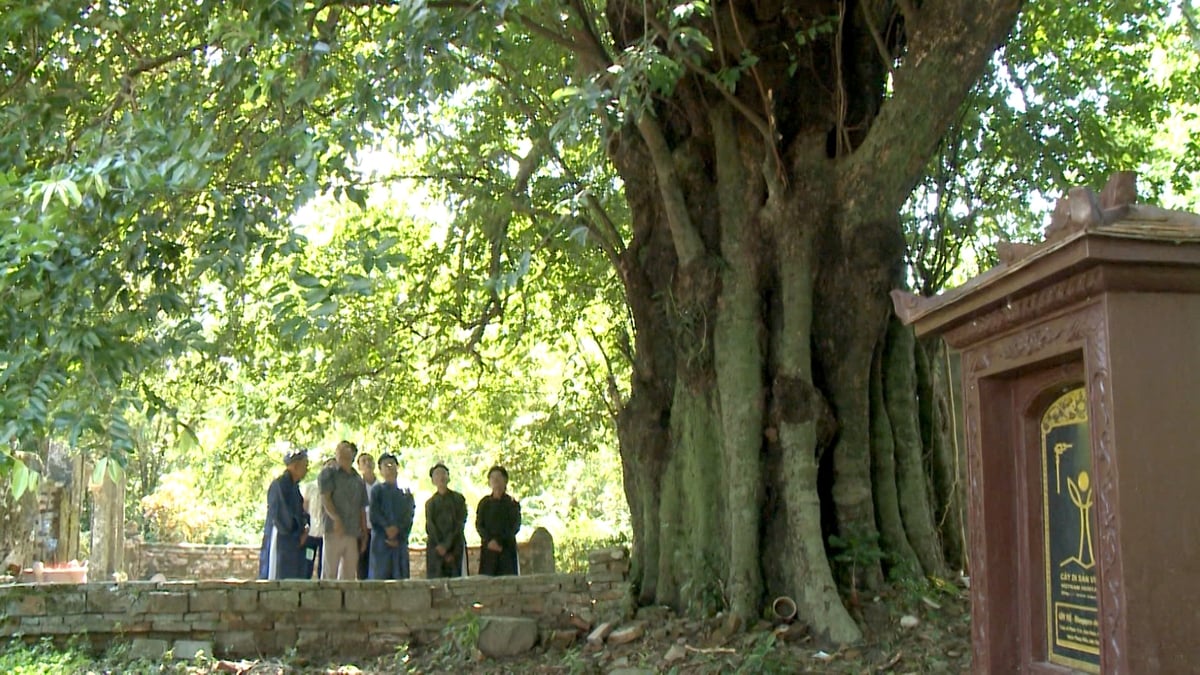




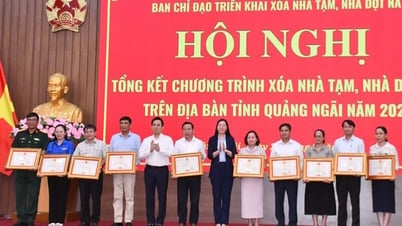



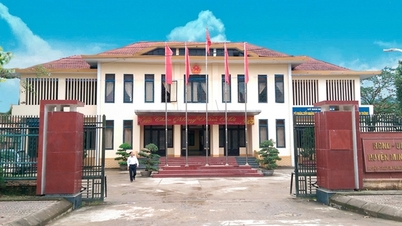

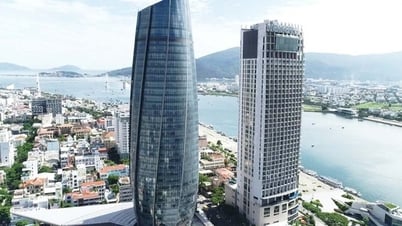
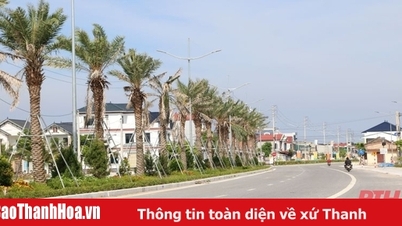


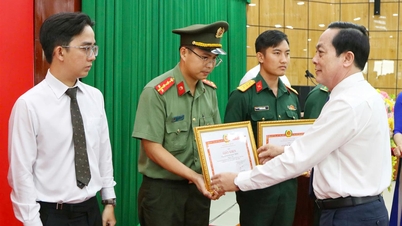

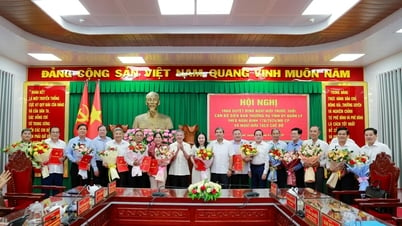









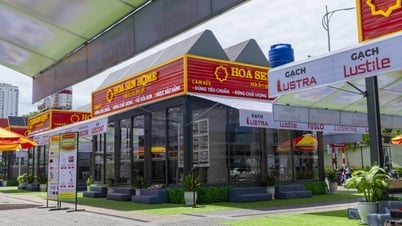
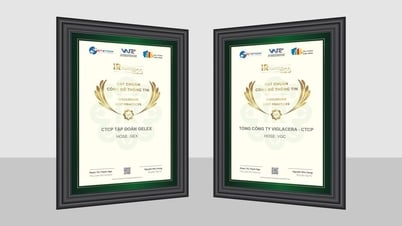

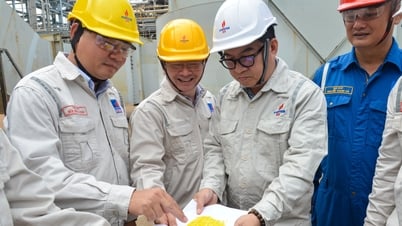


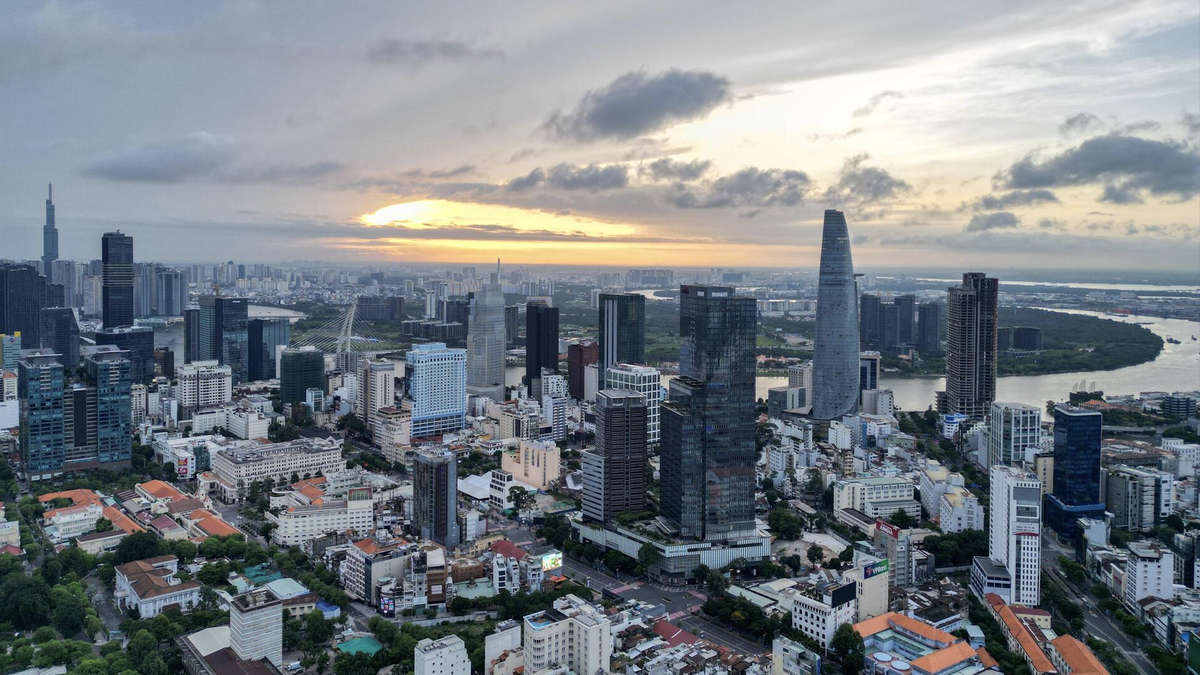
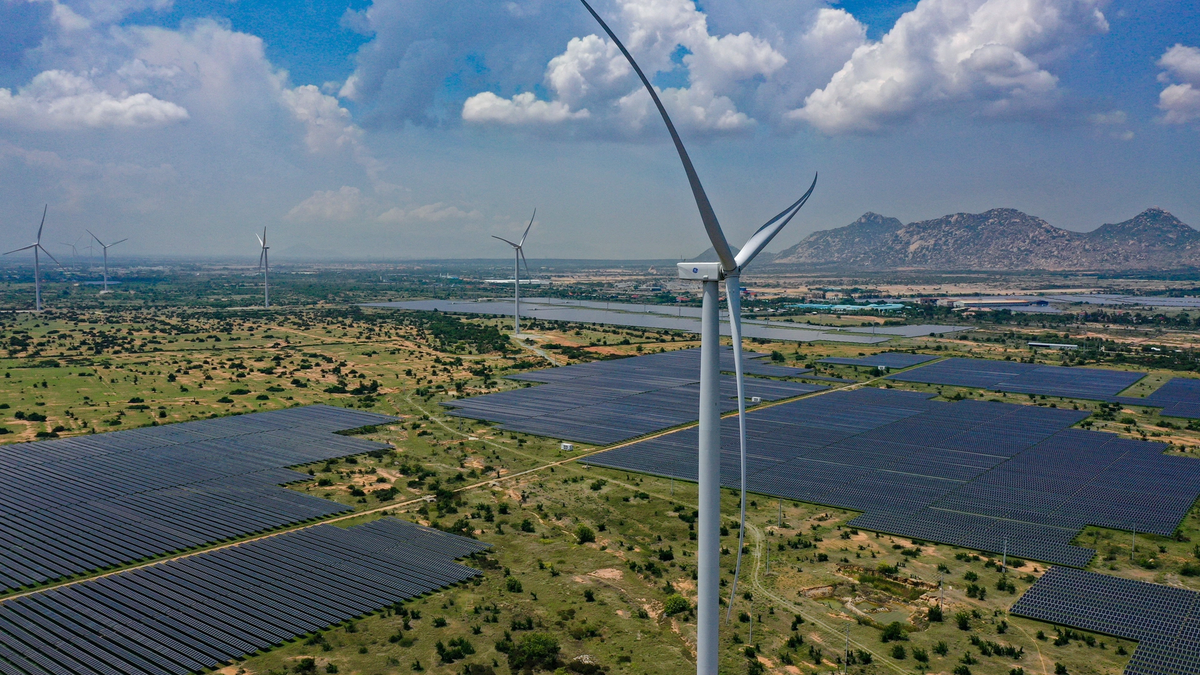









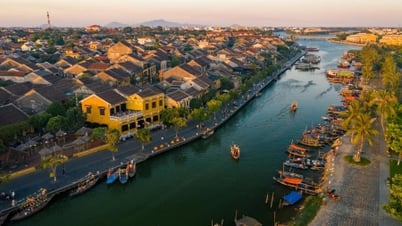

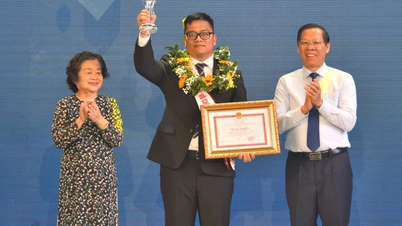







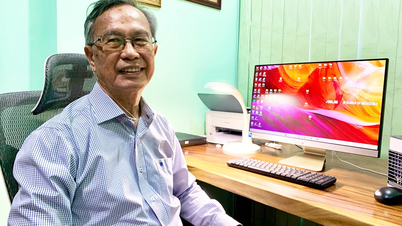
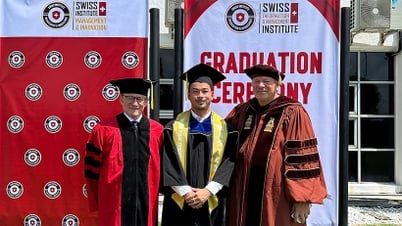
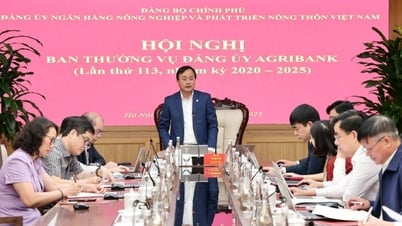


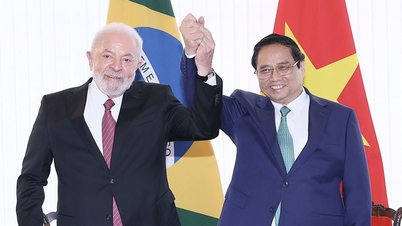





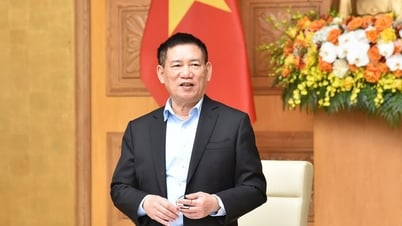


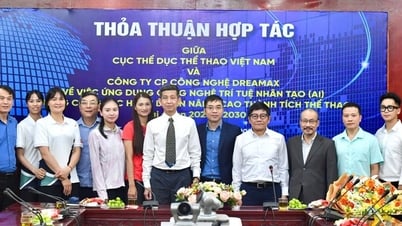

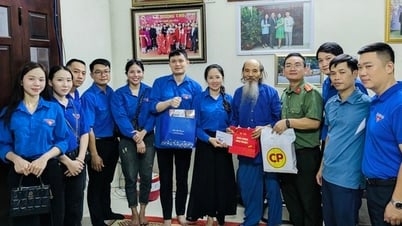

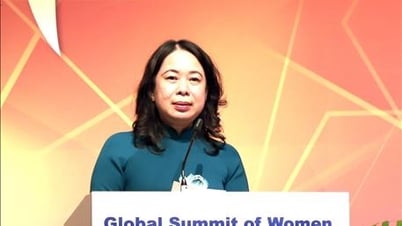


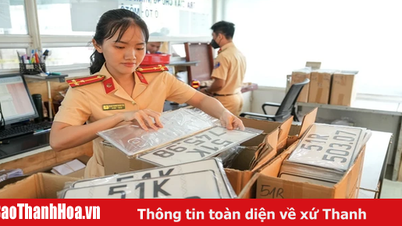



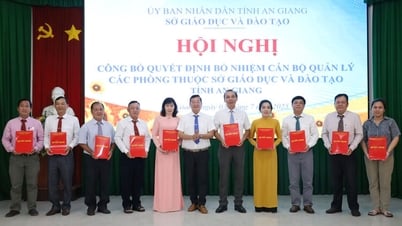

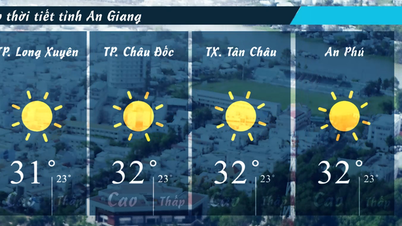


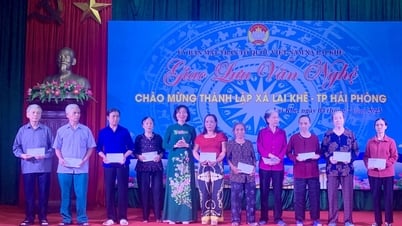

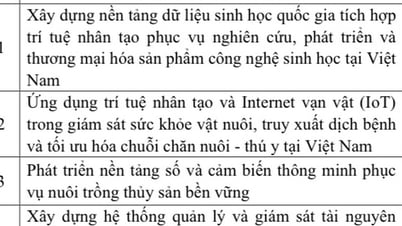




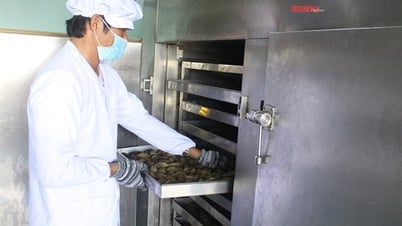



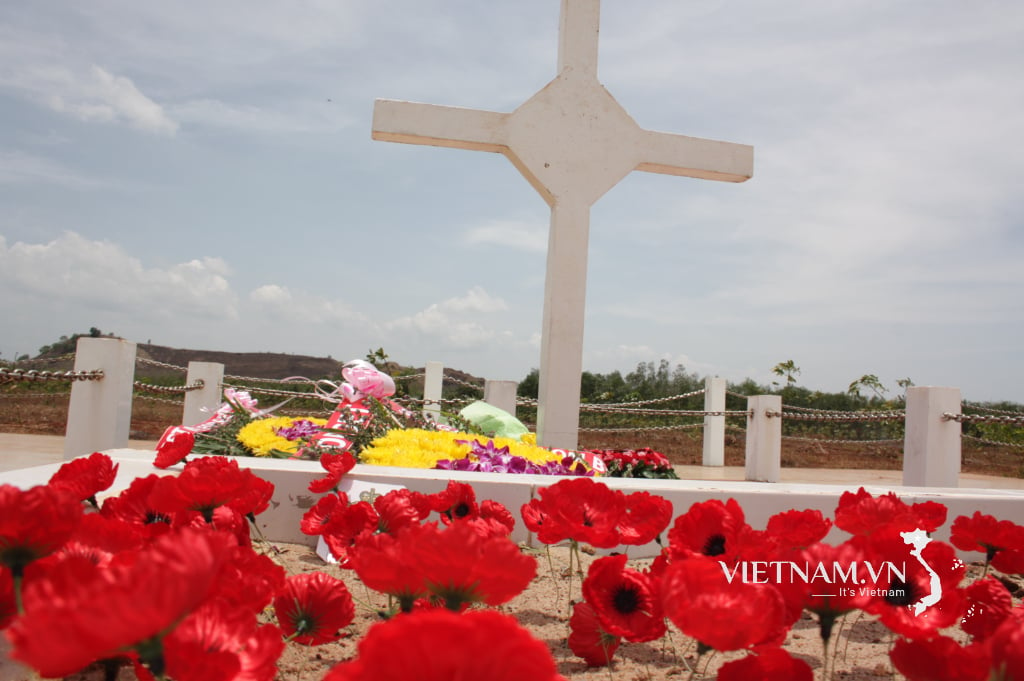


Comment (0)